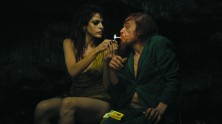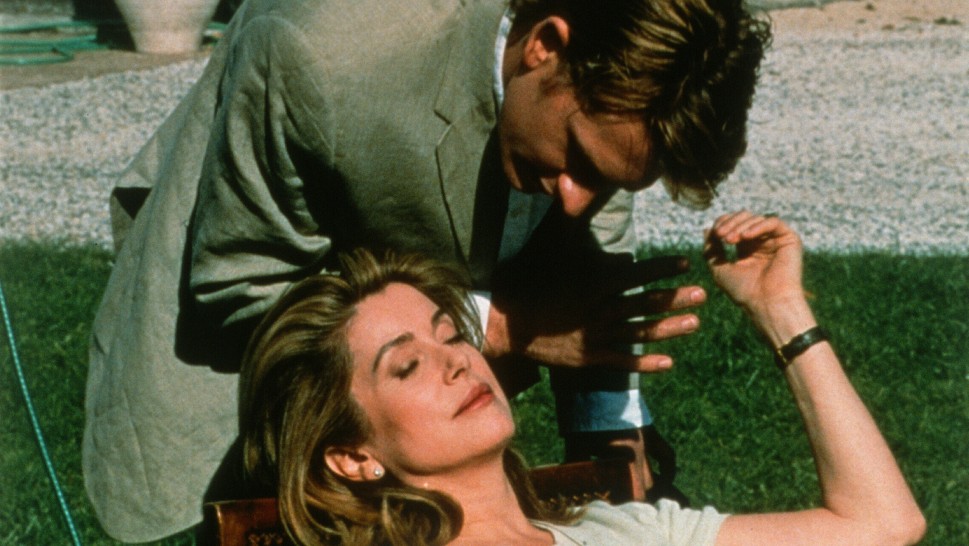
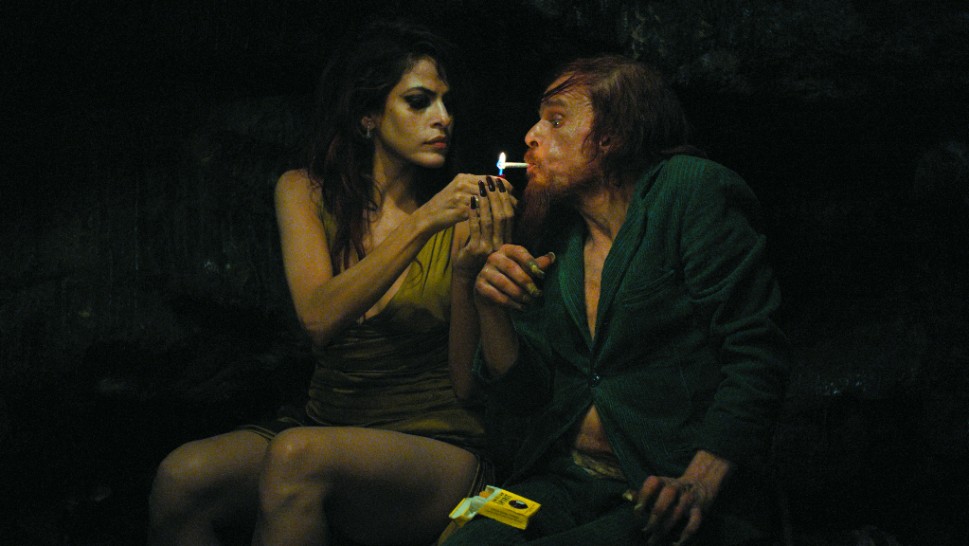
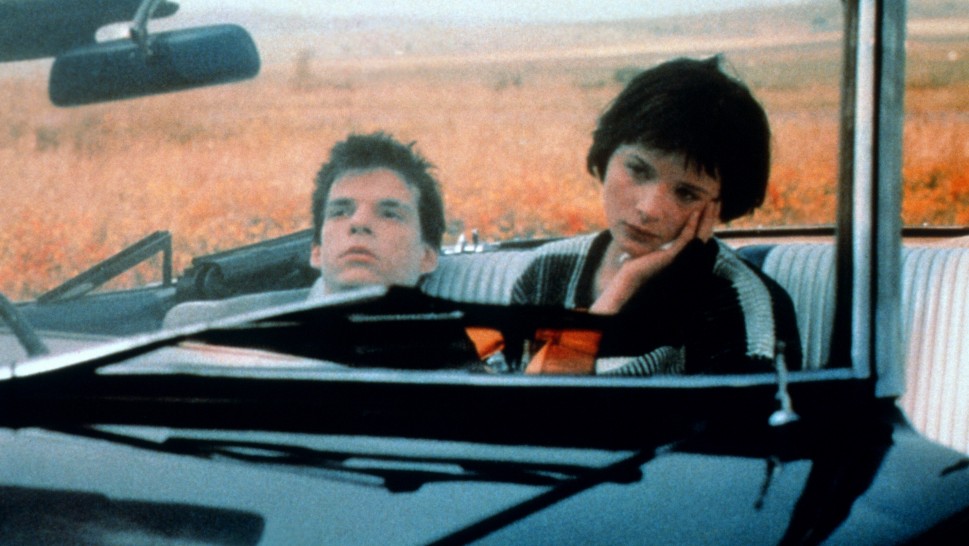
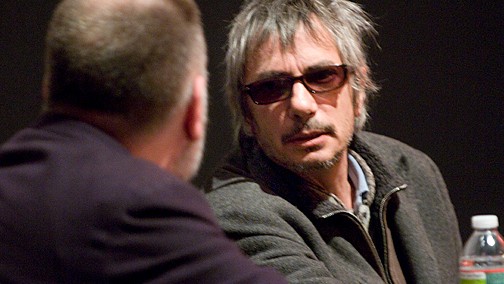
Overdrive: The Films of Leos Carax
It’s incredible how much cinema can do. We forget.
When he released his first film in 1984 at the age of 23, Leos Carax was heralded as some sort of cross between Rimbaud and Antoine Doinel (of The 400 Blows)—part prodigy and part enfant terrible, a creature of the cinema. Born Alex Dupont in 1960 to a French father and an American mother, Carax’s apprenticeship in filmmaking took the form of a brief career as a critic, in time-honored Nouvelle Vague fashion. And that debut feature, Boy Meets Girl, a black-and-white love story set in an atmospherically stylized Paris, drew myriad comparisons to the work of the French New Wave.
The film’s lead actor, Denis Lavant, reappeared in Carax’s next two films, always playing a romantic young man named Alex. The actor has become something of an alter ego for the filmmaker, and their collaboration continues into the present—with Boy Meets Girl, Bad Blood and The Lovers on the Bridge comprising a loose trilogy of love stories.
As if the bigger-than-life ambition of The Lovers on the Bridge had brought this cycle to fruition, and the difficulties of the film’s production taken their toll, Carax waited several years before making another movie, Pola X, his only work without Lavant. It was received with some puzzlement, although time has revealed it to be one of Carax’s most thought-provoking, if most difficult films. Once again, several years intervened before Carax’s next undertakings: first the short “Merde” (part of the omnibus film Tokyo!) and finally a new feature, Holy Motors, which has deservingly emerged as one of last year’s most lauded films.
Initially Carax was often compared to two other French filmmakers from the 1980s: Jean-Jacques Beineix (Diva) and Luc Besson (Subway). However, with Beineix’s career stalled and Besson gone Hollywood, it has become clear that the more apt comparison is to Claire Denis. Not only have the two been drawn to the same actors—Denis Lavant and Yekaterina Golubeva—but the two share an ambition to continually seek to re-invent, or perhaps re-discover, what cinema can do.
A critics’ favorite here and in France, Carax also arouses cult-level enthusiasm in his fans on both sides of the Atlantic, and it’s not hard to see why. His work pulses with visceral excitement—full of plot, emotion, song and dance, and arresting imagery. The films are wondrously attentive to the ways that sound, color, movement, music and affect can draw us into an onscreen world that is both completely recognizable and absolutely foreign. — David Pendleton




